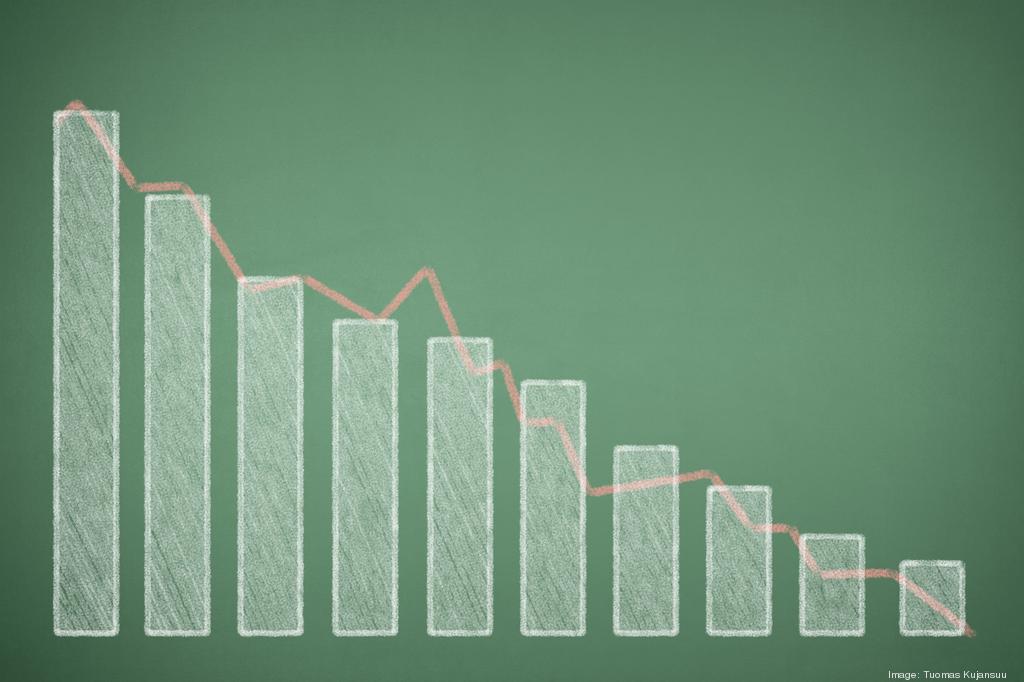From: bizjournals.com
Image from: ISTOCK (STOCKFINLAND)
I sold my 13-year old Chevrolet Impala SS last week.
For what it’s worth, luxury cars are not my thing. Even before I had a family, I always owned cars that were understated and inexpensive. I prefer to spend my luxury dollar in other ways.
My SS treated me well, and I really appreciated not needing to buy a new car while I was plowing everything I earned back into my business.
The transmission started slipping again after I replaced it five years ago. It would have been stupid to repair it; since the car had so many miles on it (almost 225,000), there was a high probability of another expensive problem occurring shortly. The only thing that made sense was selling it.
As I normally do when I “move on” from something, I listen to Martin Gore’s “ Compulsion.” It reminds me of all the times in the past that I’ve moved on and how I didn’t regret any of those decisions. I feel nostalgic for a little while and then…I move on.
What’s my point? One of the most tragic things I see in small businesses (and even in large ones) is an inability to move on from poor or dying lines of business.
I recently ended a client engagement where it became pretty clear to me within one month of working with the company that their flagship service was a dog. It sold well in the first several years they were in business, but here’s what happened:
- Competitors moved in from overseas and dropped the price for the service, commoditizing it and killing margins
- Along with the large number of market entrants, the number of people buying this service every year around the globe has been dropping
- All their previous clients no longer needed the service anymore (so no repeat business for that specific line of business)
The company had other offerings, but they refused to budge from their existing model, regardless of what the data was screaming. In fact, the massive effort that the company put into trying to sell the dying service consumed all the resources that were necessary to grow the other lines.
I couldn’t be emotional regarding the decision to sell my SS — holding on to it would have been stupid. Similarly, we can’t be emotional or anti-intellectual when it comes to our businesses. If the data are screaming at us that the market is a dog, then the market’s a dog. You have to move on…and you need to do it yesterday.
Get help from a coach or mentor — preferably someone with skin in your success, but also not afraid to tell you how it is — if your business growth is flattening, or if your work hours are increasing but giving you the same results. Those are indicators that it may be time to drop a line of business and/or pivot.








Leave a Reply
You must be logged in to post a comment.